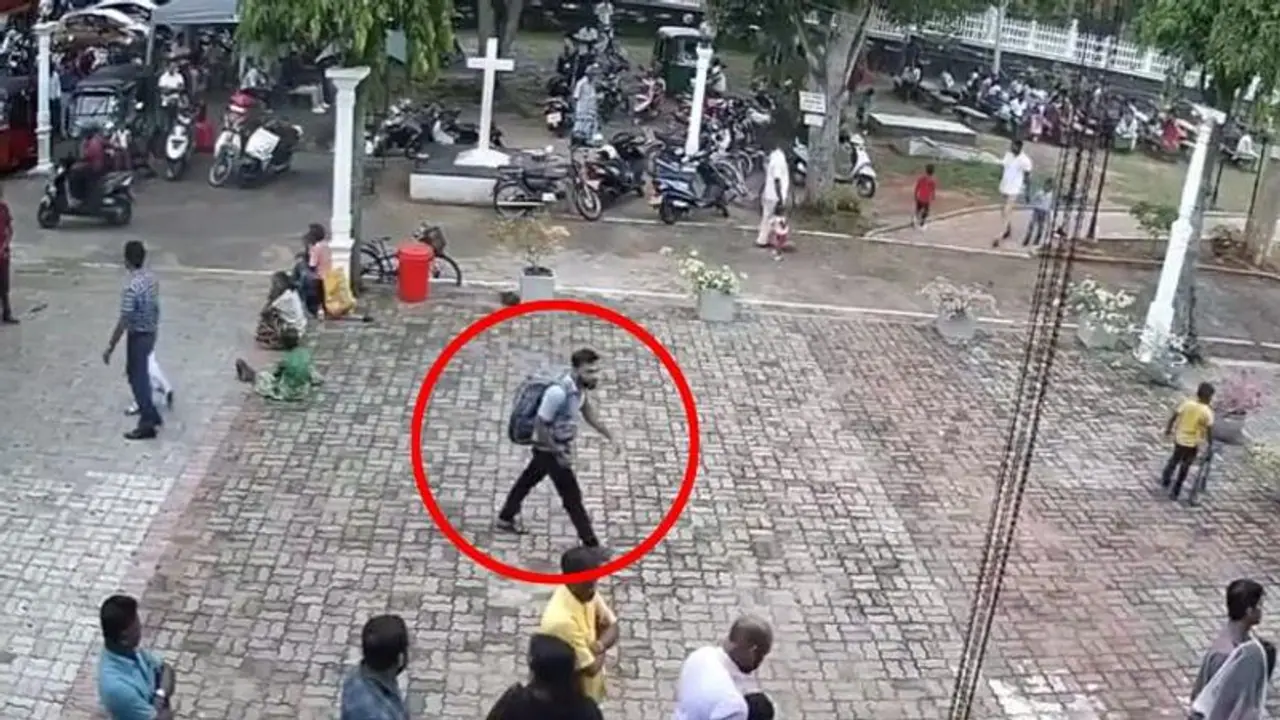On April 11, a confidential memo from the Police Commissioner of Colombo was circulated which not only named the group believed to be planning the attack, but also listed the individual members, along with their addresses and phone numbers.
New Delhi: On April 4, Indian security agencies had shared specific intelligence inputs with Sri Lanka that the NJT (National Thoweeth Jamaat) could target several churches and the Indian High Commission in Colombo. Indian intel was based on interrogation of an ISIS suspect in their custody, who revealed that he had trained a Lankan operative.
On April 7, Pakistan’s Foreign Minister Shah Mahmood Qureshi alleged that India was preparing to attack Pakistan between April 16-20. He hinted that a new mishap could be staged to justify the offensive and raise diplomatic pressure on Pakistan, who went to the extent of briefing the P-5 nations regarding this imminent threat from India. India rubbished the Pakistani claim the very next day.
On April 11, a confidential memo from the Police Commissioner of Colombo was circulated which not only named the group believed to be planning the attack, but also listed the individual members, along with their addresses and phone numbers.
Despite all this intel at their disposal and primary surveillance in place , the Lankans failed to halt the local terrorists in their tracks and they ended up causing massive blasts at three churches and four hotels on April 21 .
Also read: Sri Lanka blasts: Former National Thowheeth Jama'ath members behind attacks
Miraculously, the Indian High Commission in Colombo was not targeted, perhaps because of heavy security preparedness, or spared deliberately because of some other reason.
These turn of events can’t be fortuitous. India had given very specific inputs. Lanka had obviously taken them seriously. Sri Lanka and Pakistan have had very close intel and military cooperation since 2008 (starting with 2003). Pakistan had sold sophisticated weaponry worth $100 million to Colombo , and had sent ISI officials to coordinate and train Lankan officers during the decisive phase of Eelam War.
PAF had even coordinated with the Sri Lanka Air Force in bombing certain LTTE targets. Since then ISI has maintained local influence among Sri Lankan Muslim groups. Annihilation of LTTE had allowed working space to these groups and ISI.
The vital info must have reached the ISI through their Lankan counterparts (or maybe directly from their ground handlers and sources ), and within 3 days, the Pakistani government was seized with panic. If the Indian High Commission came under attack, India might get very angry. And an angry India now strikes back. Especially during the election season, Pakistan could ill afford such a doomsday scenario.
